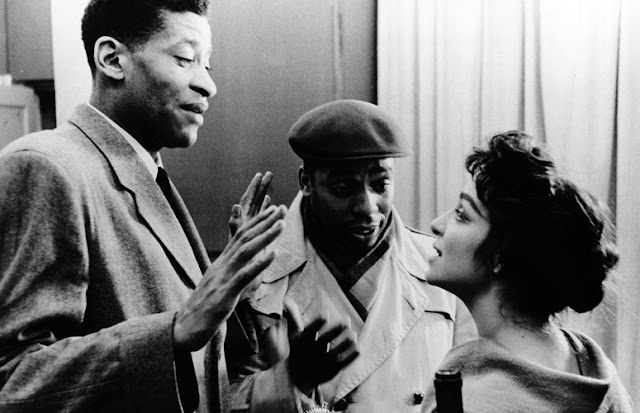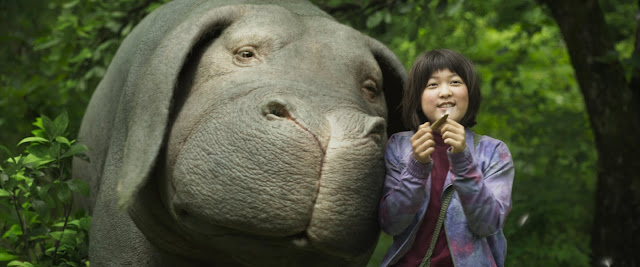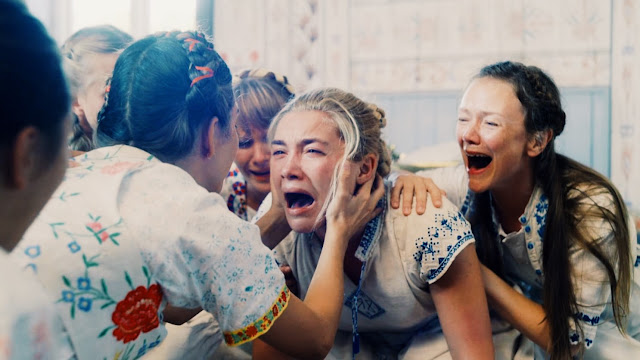Shadows (1959)
FILM CLASSIC REVIEW #13
Throwing Shade - a critique of Shadows

Throwing Shade - a critique of Shadows

When John Cassavetes walked on to the art scene in the late 1950's, he did something revolutionary to the art of cinema. He spent his private money, casted his personal friends, chose locations without permission, and made what was unquestionably the first independent film. To every filmmaker that led after him, they have to give him many thanks. To make extraordinary pieces of cinema out of nothing at all is something that has changed the entire process of making movies. No longer were the big Hollywood sets, and the big Hollywood executive approval needed. All you needed to do was to pick up a camera and tell a story. For Cassavetes, those stories focused on the fascinating relationships that we have with each other as friends, neighbors or lovers. How social dynamics shift and clash on occasion. It was a small undertaking, but what came of it was a genius, introspect of the American social experience within his films. His first film was Shadows, and it got a lot of people talking. It was a poorly filmed, poorly audio recorded and uneven piece for viewers even at that time. But, has it reached its cult appreciation today? Well, not exactly. Quite frankly, I was lost, and genuinely uninterested in movie.

To start off with, we already understand that Cassavetes hired his close friends to act in his first feature. Huh, really? He needed better friends. The three siblings seemed to have a shaggy, inner-city charm to them, but it's watered down by their delivery. The fact that the movie centered on their close-nit relationship, and their protective nature against the white guy that their sister Leila dates, wasn't as believable as it should've been. These three should've had a strong chemistry. They should have had a connection that made everyone believe that they were a true family, looking out for one another. Honestly, they couldn't be more apart. To say nothing of the screenplay, which encourages the use of improvisation to create character, and doesn't do a particularly good job at it. A lot of the dialogue just ends up being a lot of rambling conversation. Somehow, the main idea of the plot gets lost in the mix. To make the film so unpredictable, when it centers on race relations prior to the Civil Rights Movement, the potential power of the piece gets tarnished when the actors just decide to do what they want to do, and loosely follow the actual narrative. For example, when the two brothers are coaching each other on how to warm up the crowd at the Jazz concert, it was completely disconnecting. It didn't contribute anything profound or interesting to the story; it just seemed like a way to let the two actors riff for a little bit.

The positives of the picture, though, are many. I really liked the jazzy soundtrack, as the film roars it's opening titles in the midst of a swinging nightclub. It gave the film an attitude. It also puts you right into the spirit of the urban beatnik scene of Manhattan in the late 1950's. A new, happening scene is being shown to us very realistically. That is credit to John Cassavetes's use of cinema verite to establish the environment. He does it especially well when one of the brothers is walking out the nightclub and into a 50's Time Square. It's a New York scene at it's finest. We see hundreds of working class citizens walking the streets, unknowingly being filmed, as well as the camera swooping past old-style theatre marquees and dining establishments. This is unique, because the rest of the film relies so heavily on theatrics and performance. I'd definitely consider this the marriage between Cinema Verite and the Hollywood SAG feature. It combines a strongly focused performance, while capturing the micro-actions and nuances of real urban life in the 50's. It's a balancing act that to Cassavetes's credit has done much better, later on in his career.

In the end Shadows remains to be a unique and interesting experiment by John Cassavetes, but not one that I think has much longevity for younger audiences. It's not as fresh as it was in the late 50's, and not nearly as well made. We happen to be all sticklers for the best visuals and audio qualities, but we also like stories that capture our attention, and make us feel, and I think that this movie did neither.

To start off with, we already understand that Cassavetes hired his close friends to act in his first feature. Huh, really? He needed better friends. The three siblings seemed to have a shaggy, inner-city charm to them, but it's watered down by their delivery. The fact that the movie centered on their close-nit relationship, and their protective nature against the white guy that their sister Leila dates, wasn't as believable as it should've been. These three should've had a strong chemistry. They should have had a connection that made everyone believe that they were a true family, looking out for one another. Honestly, they couldn't be more apart. To say nothing of the screenplay, which encourages the use of improvisation to create character, and doesn't do a particularly good job at it. A lot of the dialogue just ends up being a lot of rambling conversation. Somehow, the main idea of the plot gets lost in the mix. To make the film so unpredictable, when it centers on race relations prior to the Civil Rights Movement, the potential power of the piece gets tarnished when the actors just decide to do what they want to do, and loosely follow the actual narrative. For example, when the two brothers are coaching each other on how to warm up the crowd at the Jazz concert, it was completely disconnecting. It didn't contribute anything profound or interesting to the story; it just seemed like a way to let the two actors riff for a little bit.

The positives of the picture, though, are many. I really liked the jazzy soundtrack, as the film roars it's opening titles in the midst of a swinging nightclub. It gave the film an attitude. It also puts you right into the spirit of the urban beatnik scene of Manhattan in the late 1950's. A new, happening scene is being shown to us very realistically. That is credit to John Cassavetes's use of cinema verite to establish the environment. He does it especially well when one of the brothers is walking out the nightclub and into a 50's Time Square. It's a New York scene at it's finest. We see hundreds of working class citizens walking the streets, unknowingly being filmed, as well as the camera swooping past old-style theatre marquees and dining establishments. This is unique, because the rest of the film relies so heavily on theatrics and performance. I'd definitely consider this the marriage between Cinema Verite and the Hollywood SAG feature. It combines a strongly focused performance, while capturing the micro-actions and nuances of real urban life in the 50's. It's a balancing act that to Cassavetes's credit has done much better, later on in his career.

In the end Shadows remains to be a unique and interesting experiment by John Cassavetes, but not one that I think has much longevity for younger audiences. It's not as fresh as it was in the late 50's, and not nearly as well made. We happen to be all sticklers for the best visuals and audio qualities, but we also like stories that capture our attention, and make us feel, and I think that this movie did neither.


Comments
Post a Comment